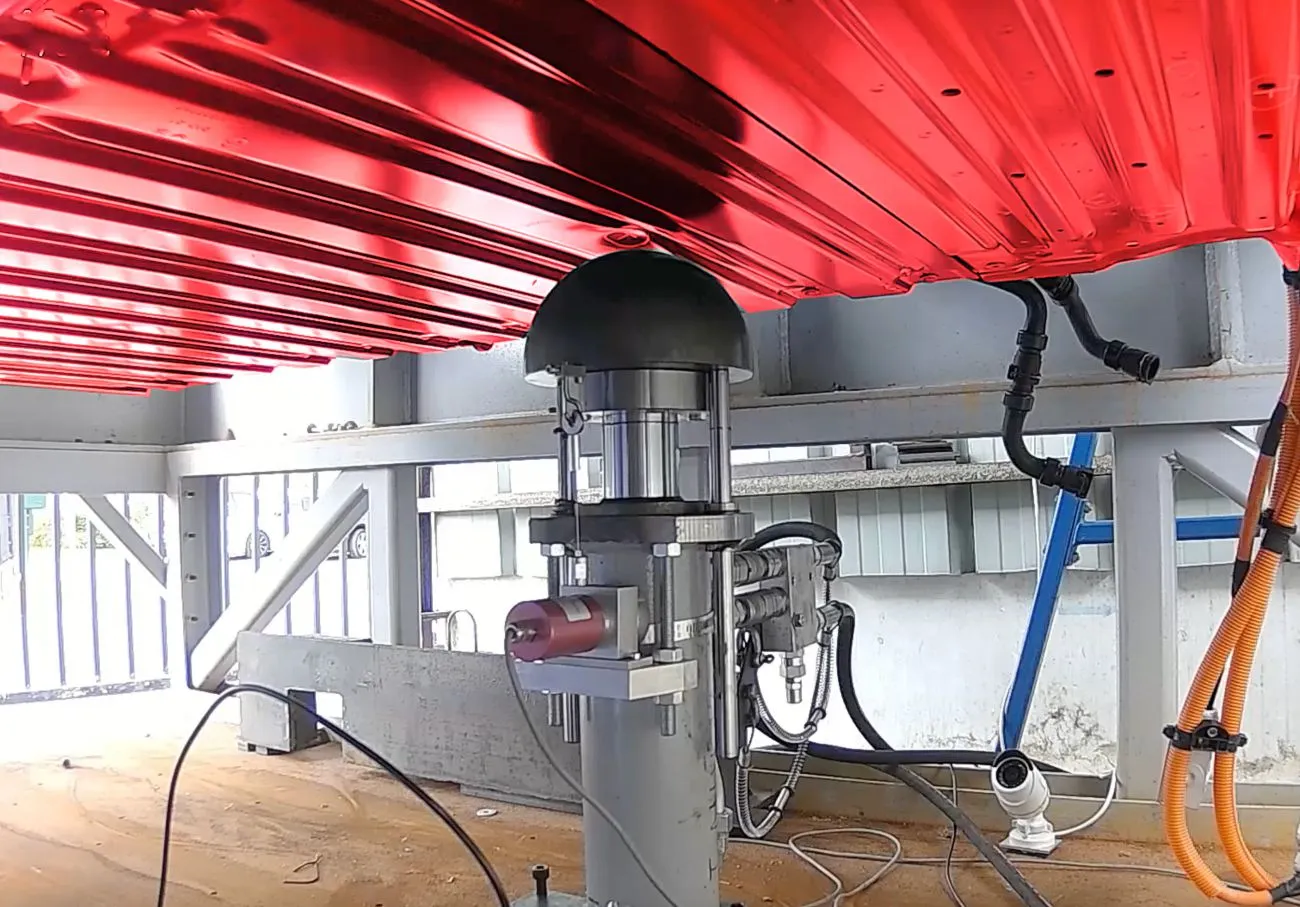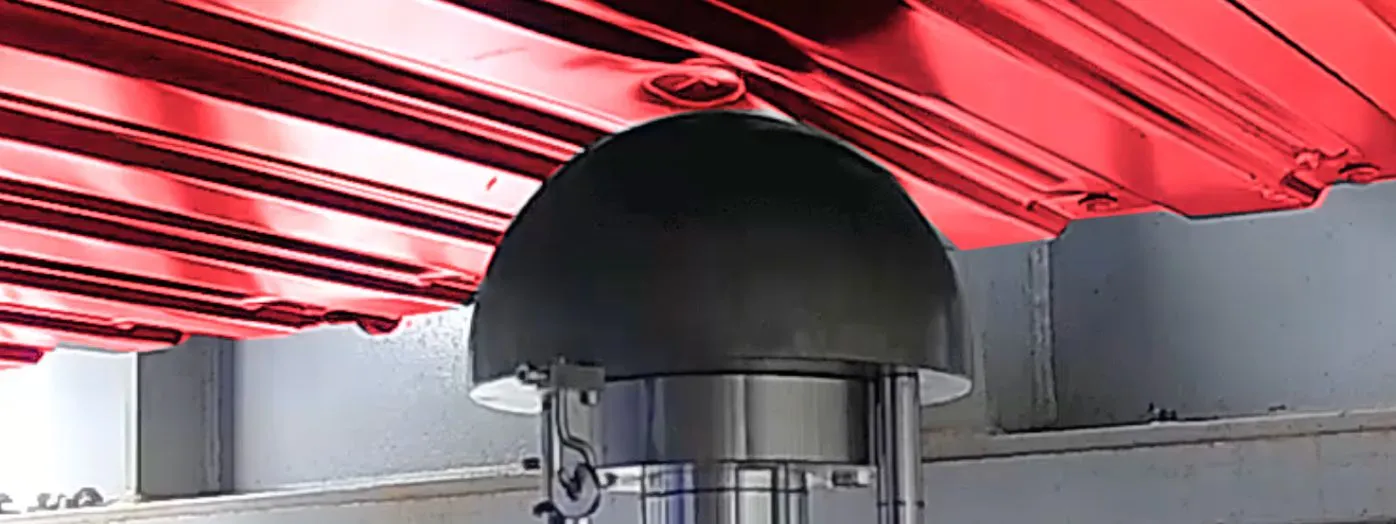Abusive mechanical testing of batteries, packs, modules and cells
Assess the physical resistance of your batteries to the most extreme stresses

Why are mechanical tests in the category of abusive tests?
- Internal short circuits,
- Thermal runaway,
- Release of toxic or flammable gases,
- Fire or explosion.
What standards and benchmarks are covered?
UN 38.3 (tests T.4 to T.6)
R100.3 (abusive tests for traction batteries)
UL 2580, UL 1642, UL 1973
ISO 12405, IEC 62660
The types of tests proposed for abusive mechanical testing
Static crushing
- Application of increasing force on the battery until deformation or rupture.
- Simulate slow compression, for example in a vehicle accident.
- Thermal, electrical and visual monitoring during and after the test.
Dynamic crushing (impact)
- Application of a load or impact at a defined speed.
- Representation of a mass fall, rapid crushing or collision.
- Measure forces, deformations, temperature and gaseous emissions.
Nail penetration
- Insert a metal pin into the cell or module.
- Simulation of an internal short circuit caused by a conductive object.
- Observation of thermal and electrical behaviour (runaway, ignition, off-gassing).
Drop test
- Free release from a defined height (up to 15 m depending on the standard).
- Variable orientation: flat, on edge, at an angle.
- Check for mechanical, electrical or thermal damage.
Talk to our battery abuse test experts
Our dedicated technical resources within the Emitech Group
- Static compression benches (up to several tonnes).
- Speed-controlled dynamic impact trolleys.
- Motorised nail penetration platforms.
- Secure enclosures with automatic extinction.
- High-speed video, thermal cameras, multi-channel sensors.
What safety guarantees and post-test treatments are offered by the Emitech Group?
- Contained areas for destructive testing.
- Continuous monitoring of chemical and thermal reactions.
- Management of residues, fumes, electrolytes and damaged materials.
Why choose the Emitech Group for your abuse tests?
- Recognised technical expertise in battery abuse testing.
- Dedicated, safe facilities that comply with international standards.
- Integration into comprehensive safety validation campaigns.
Needs
Discover a selection of additional resources that explore topics related to this page including regulatory contexts, technical articles, and specific areas of expertise. These materials provide further insight to help you better understand the key challenges and available solutions.
Contact us for a quote






